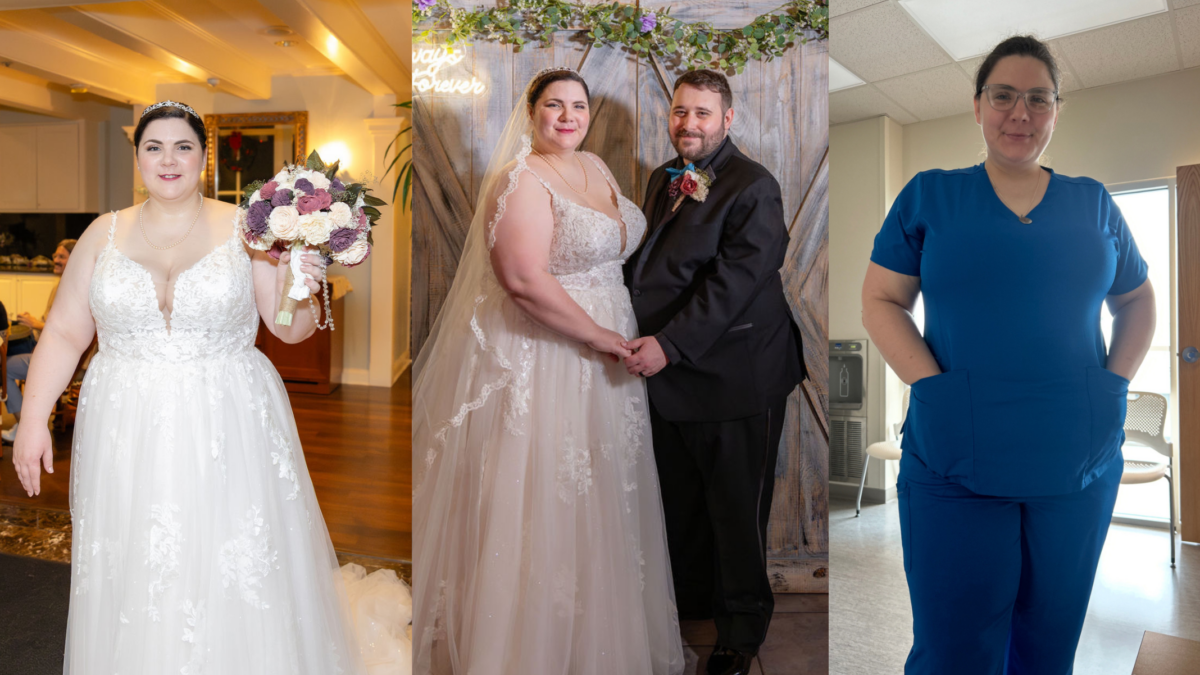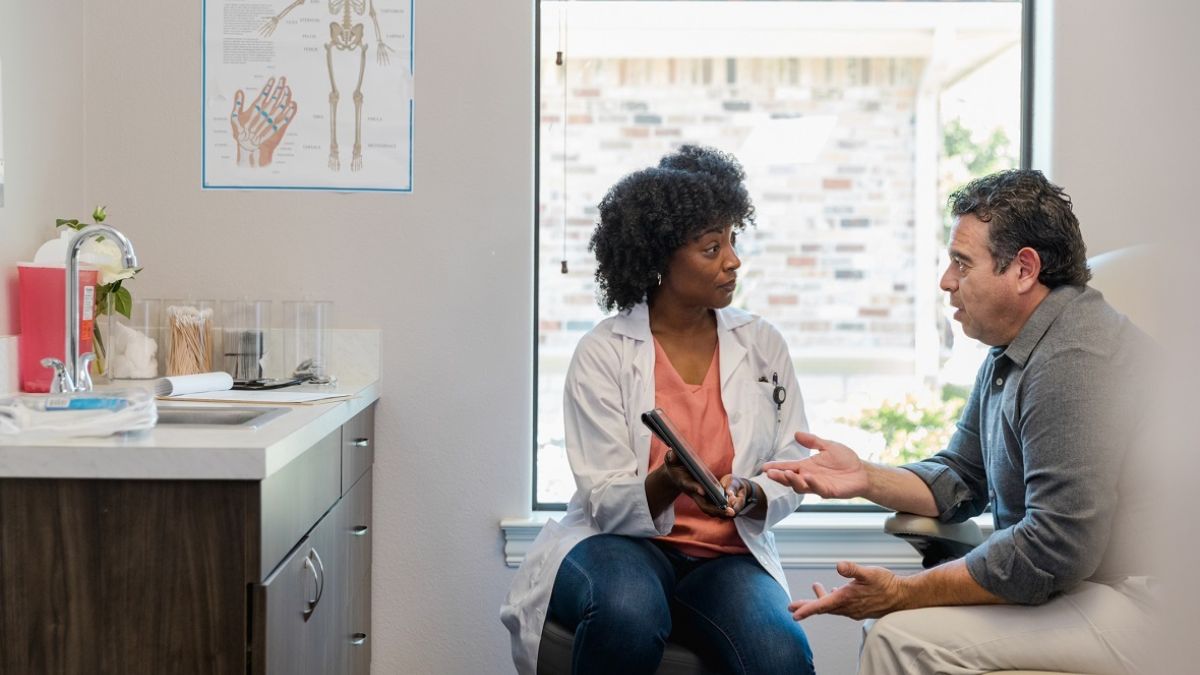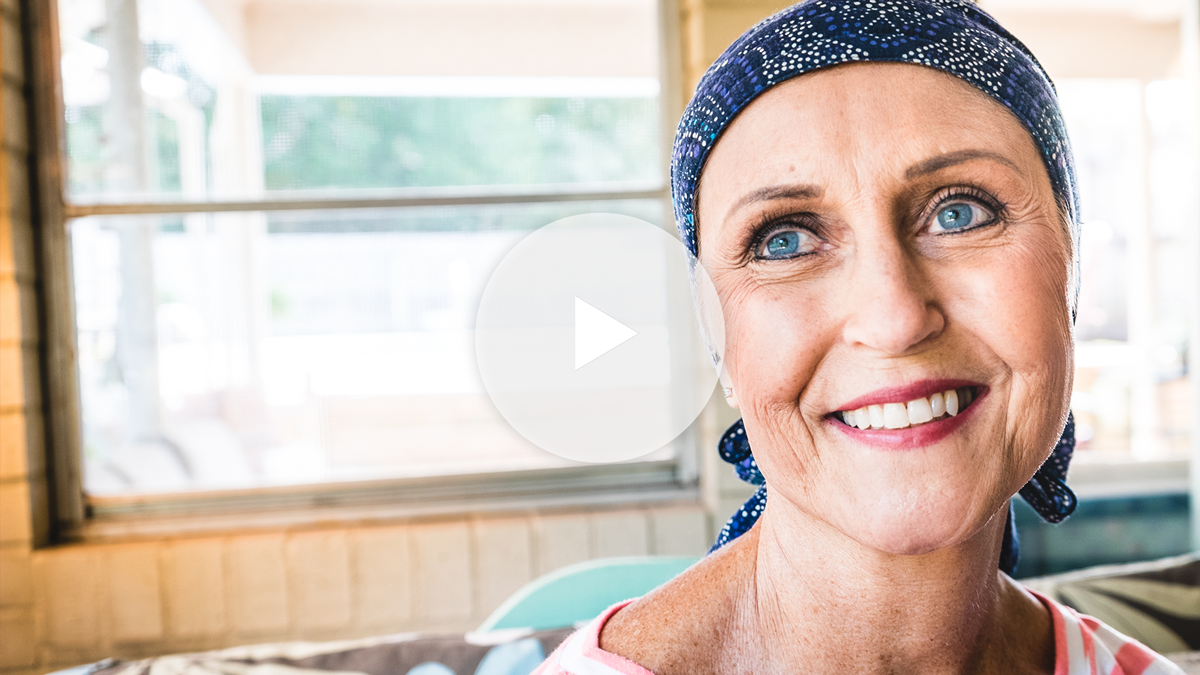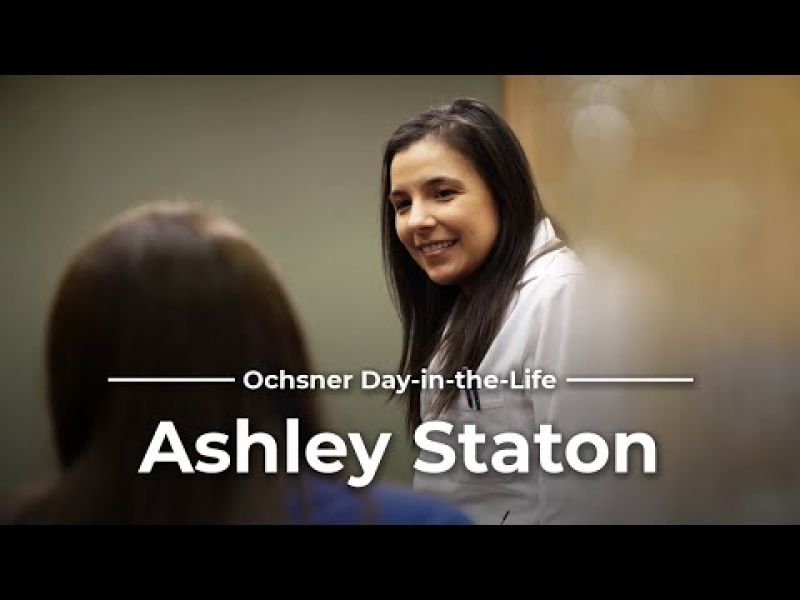Why choose Ochsner Health for multiple myeloma care?
At Ochsner, we provide comprehensive diagnosis and treatment for patients with multiple myeloma. Patients who choose Ochsner have access to a large multidisciplinary team of specialists, state-of-the-art diagnostic and monitoring technologies, including MRIs and whole-body PET scans.
Ochsner offers multiple myeloma treatments including stem cell transplants and CAR T cell therapy.
We also offer the option for qualifying patients to enroll in early and late-phase clinical trials.



















